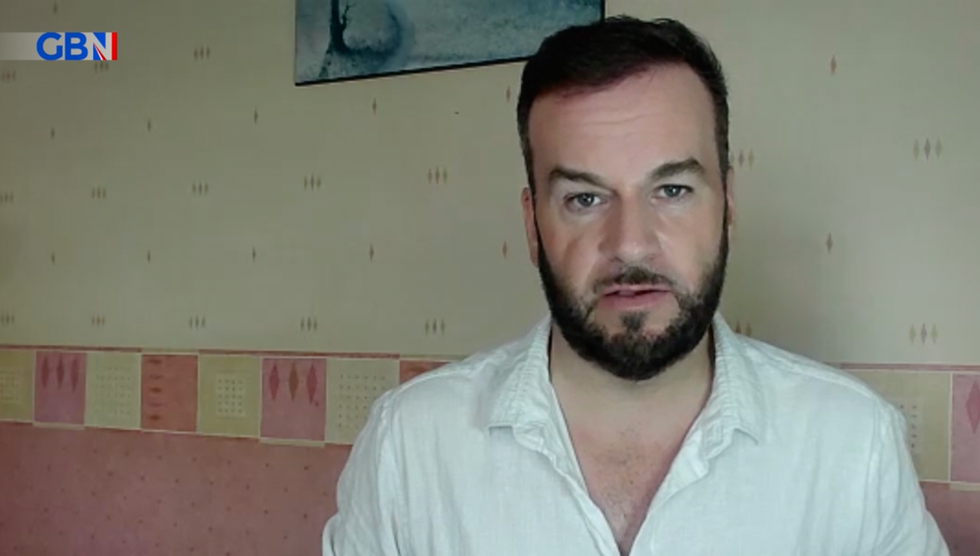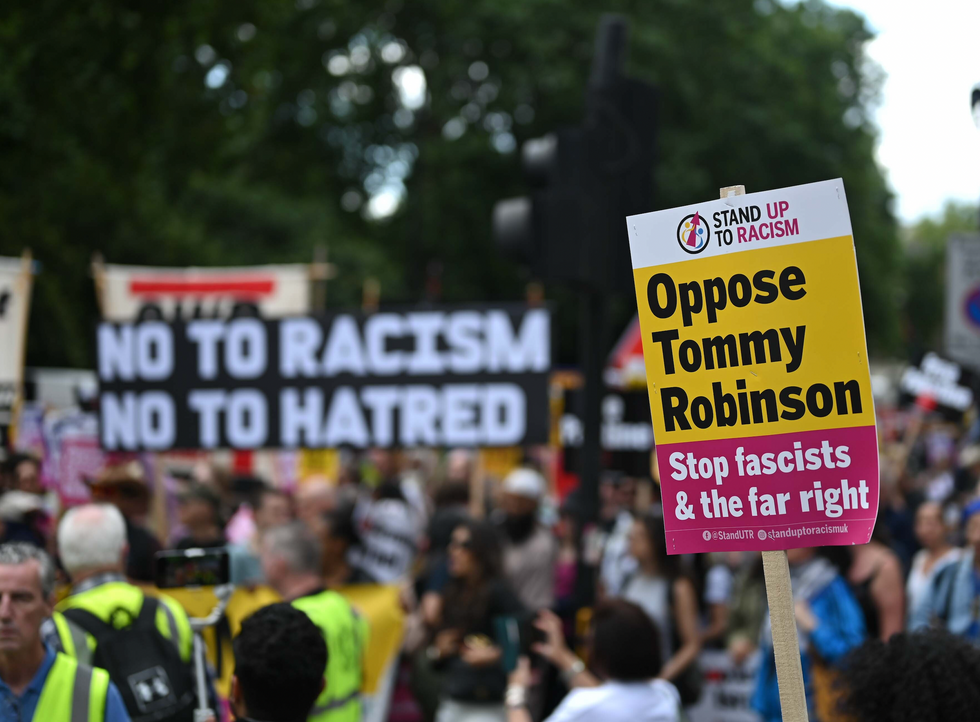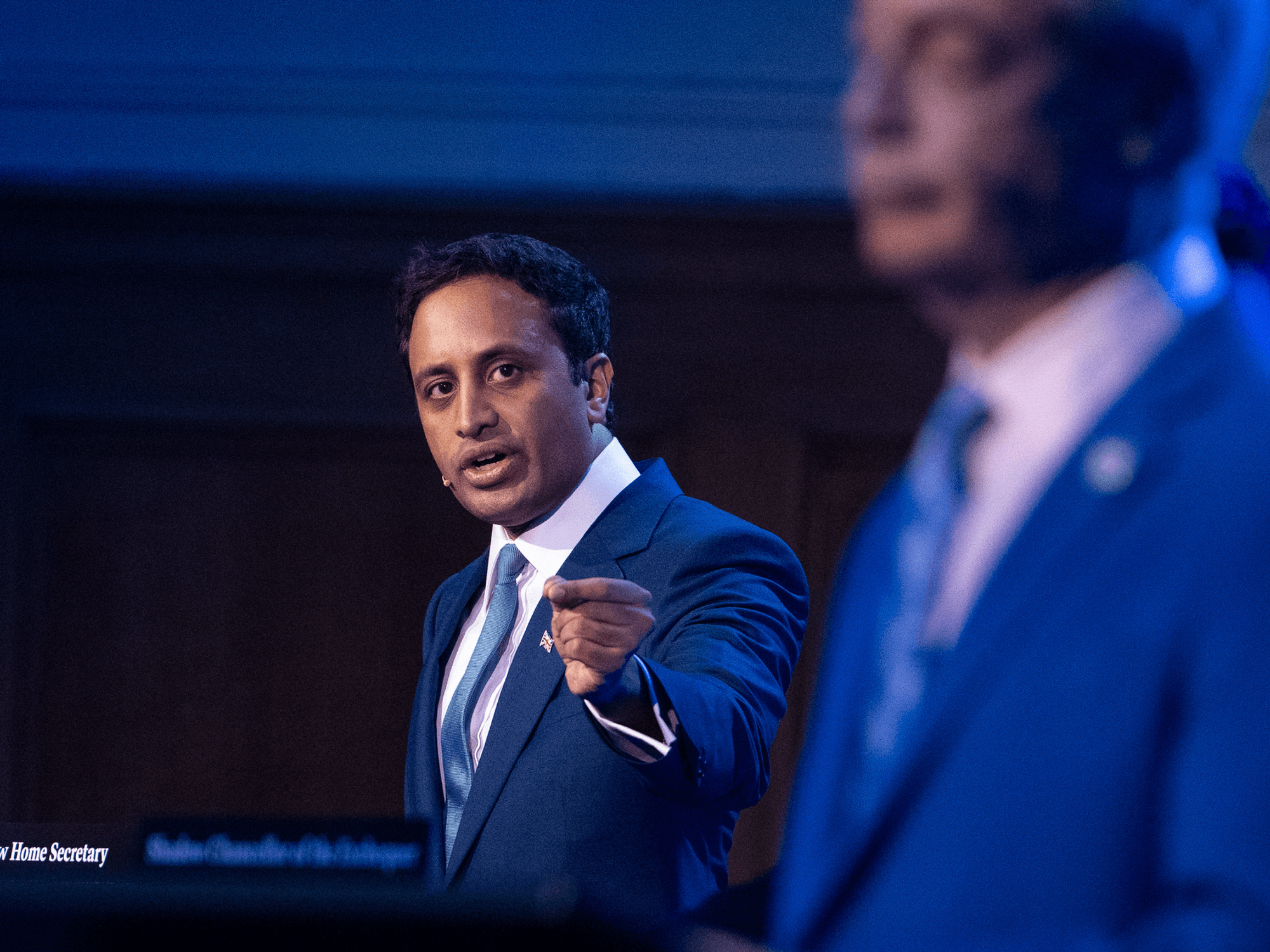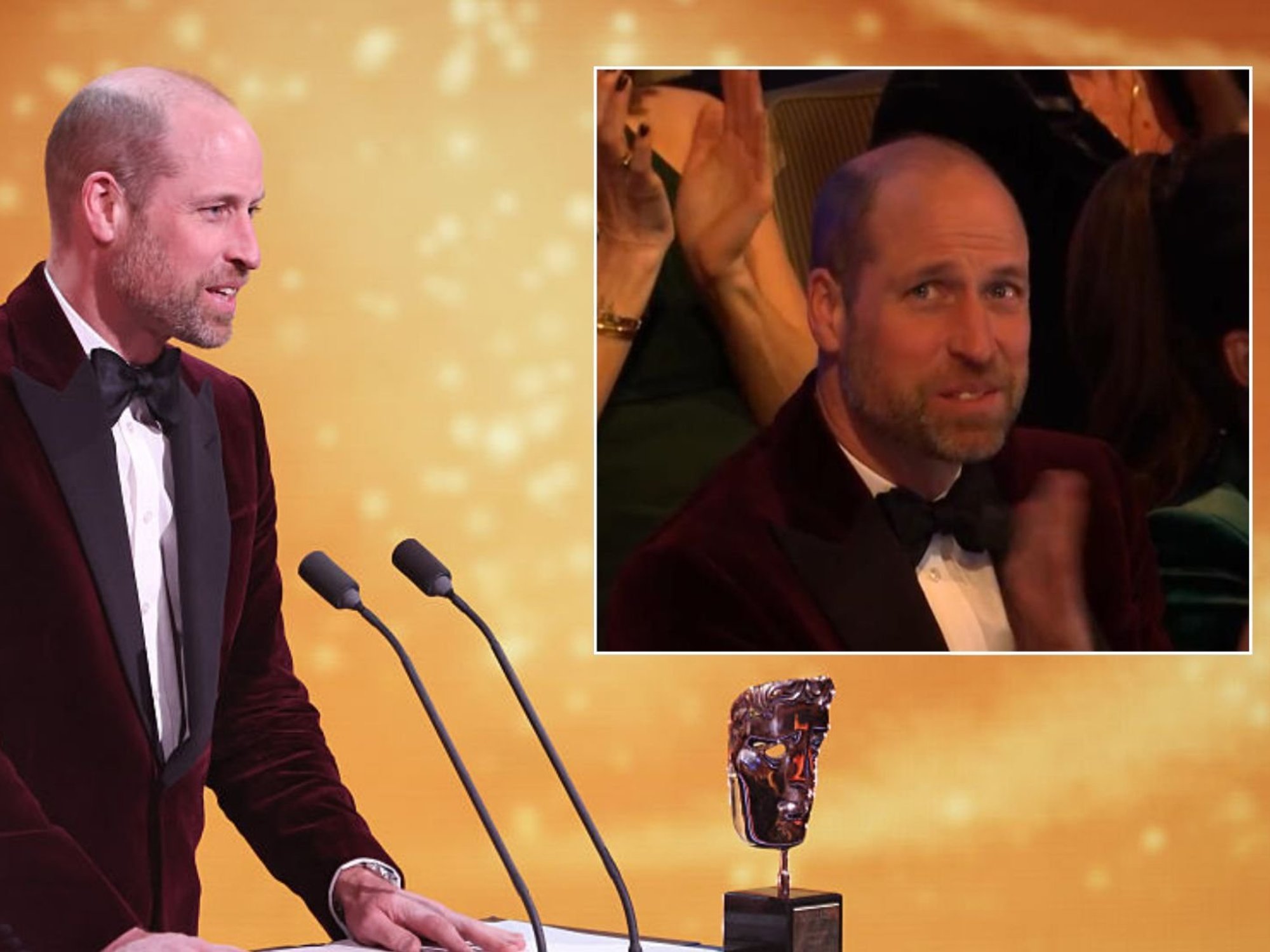'We fought for the right to blaspheme!' Brendan O'Neill pours scorn on Labour's bid to define Islamophobia

Keir Starmer's plan to adopt a definition of islamophobia discussed 300824 |

Calls to adopt an agreed definition of Islamophobia have got louder in the wake of the UK riots
Don't Miss
Most Read
Latest
Labour's mooted plan to adopt an agreed definition of Islamophobia amounts to a "blasphemy law through the back door", warns a leading political commentator.
It comes after reports suggested Sir Keir Starmer and Angela Raynor, his deputy, are weighing up a “range of views” about whether to introduce an agreed description of anti-Muslim hatred in the wake of the UK riots.
Rioters attacked a mosque and stirred up anti-Muslim sentiments across the country following the tragic killing of three young girls in Southport on July 29.
Much of the media depicted the riots as an expression of Islamophobia. For example, The Independent ran with the headline: 'How UK’s deep rooted Islamophobia problem stoked far-right riots'.
This has prompted Labour to consider adopting the all-party parliamentary group (APPG)'s proposed definition of Islamophobia, which succinctly states: “Islamophobia is rooted in racism and is a type of racism that targets expressions of Muslimness or perceived Muslimness.”

The concept of Islamophobia is used as a battering ram against critics of religion, says Brendan O'Neill
|GB News
This definition horrifies free speech advocates such as Spiked Political Editor Brendan O'Neill, who tells GB News that the term is used as a battering ram against critics of religion.
"Islamophobia doesn't only refer to bigotry against Muslims or violence against Muslims - it also refers to critical commentary about Islam," he told GB News.
As Brendan sees it, Britons "fought long and hard in this country for the right to blaspheme", adding that it was one of the key battlegrounds over freedom of speech for centuries.The crime of blasphemy was abolished in the Criminal Justice and Immigration Act of 2008. Pushing for an agreed definition of Islamophobia effectively reintroduces this legislation, Brendan claims.
"It's great that we got rid of those blasphemy laws. We don't want to now replace them with a blasphemy law by the back door that could punish people for saying something scurrilous about Islam.
"We should have the right to mock all gods, prophets, books and ideas as much as we want. And if that offends people, I'm afraid to say tough luck," the political commentator said, adding: "Feeling offended is a small price to pay for living in a free society.
"It's a tiny price to pay in fact. If I feel offended, which I often do, then I have to measure that against the fact that I live in a relatively free society, where most of the time you can express your views."
Brendan concedes that there are anti-Muslim bigots who will mock Islam as part of their bigotry but the religion has its valid critics too, including ex-Muslims, who are now atheists.
"They have the right to criticise their former religion," he added.
The Spiked Political Editor also regards the term as "racist" because it's "based on this notion that Muslims in our society are so fragile and are so easily offended that what they need are the largely white rulers of the establishment to protect them from criticism of their religion, to cover their eyes and cover their ears and make sure they never hear a sore word or a difficult challenge to their religious beliefs".
This idea that Muslims need to be "siphoned off" from the rest of Britain and treated as a special case who "deserve their own force field from the rough and tumble of everyday public discussion" smacks of racial paternalism, he claims.
"I have more faith in our Muslim citizens. I think they are perfectly capable of hearing critical ideas and not collapsing as a consequence. I think true equality means everyone has the right to believe what they want to believe, and everyone else has the right to say that what they believe is b******s."
LATEST POLITICAL DEVELOPMENTS

Proponents of an agreed definition of Islamophobia cite prejudice against Muslims
|Getty Images
Many share Brendan's view. Political commentator Emma Webb previously told GB News that people are being “silenced” for criticising Islam, saying it is seen as “blasphemy”.
Proponents of an agreed definition of Islamophobia cite prejudice against Muslims, which they claim has shot up following the October 7 Hamas attack on Israel and the subsequent war in Gaza.
Met Police data does show that the number of Islamophobic (a term the Met uses) hate crime incidents against Muslims in London has increased by 174 per cent since 2012/13.
Brendan is quick to dismantle this argument, claiming that people are conflating a critique of ideas with hatred for Muslims.
"It will occasionally give rise to public tensions and public conflict, but that is preferable to a system of censorship that just flattens everything and denies us the right to say what we want to say," he told GB News.










